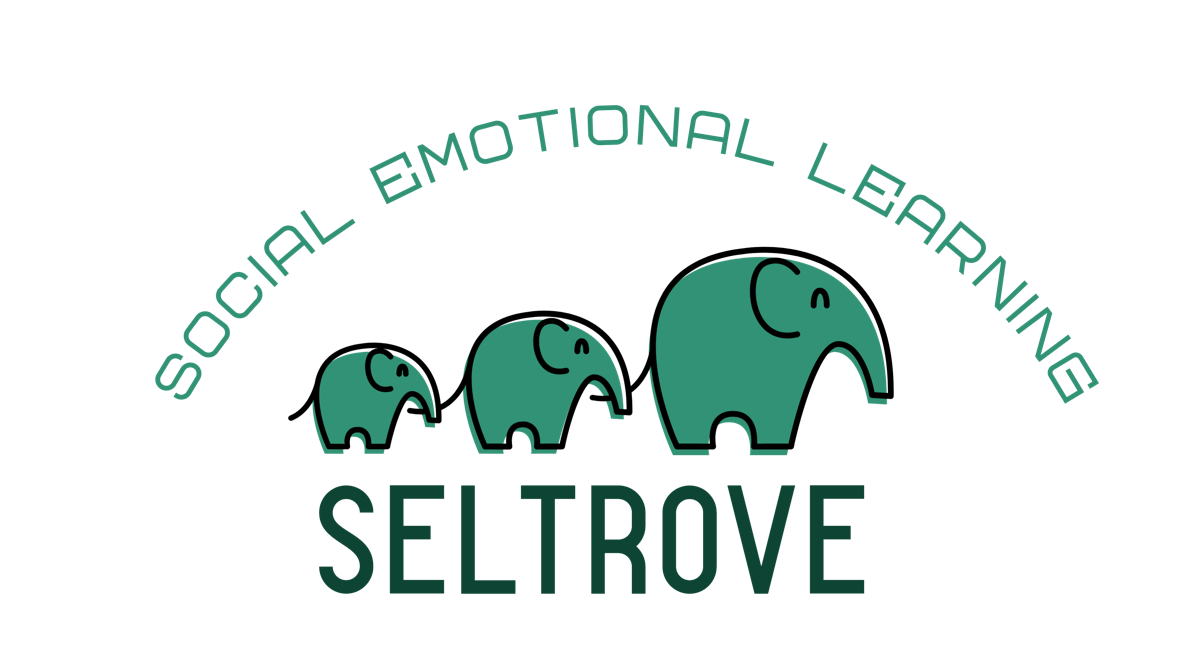In the fall, your students may need more attention devoted to this SEL skill, and cooperative games are a great way to begin building these relationship skills back up. Cooperative board games give students opportunities to establish and maintain healthy relationships through healthy communication, developing positive relationships, practicing teamwork, and resolving conflicts constructively.
Take a look at the video clip below of a group of 4 kindergarten students in an eLearning pod playing the cooperative board game Dragon Dash.
Do you notice how the students are practicing relationship skills while playing this game?
More Teacher Tools
To learn more about teaching relationship skills by subscribing to our Community toolkit. Find out more about this toolkit here.
Write your awesome label here.
More SEL Teacher Workshops
SEL Foundation Workshops
The SEL Foundations bundle gives you all the information, practice, and resources you need to use SEL-aligned teaching practices with confidence.
Identity Workshops
Focus on teaching and supporting your students as they navigate their identity, explore their emotions and develop self-management skills
Healthy Well-Being Workshops
Learn how to teach students about their own well-being including trauma-informed teaching practices and decision-making skills.
Equity Workshops
Explore ways you can create a more equitable learning environment for all your students.
Student SEL
Classroom-Ready Curriculum
Find no-teacher-prep SEL curriculum for your Kindergarten through 12th grade students with the Seltrove student planners! Learn more about our planners here.
Write your awesome label here.
